Anthony Albanese’s fix for electricity bills: direct subsidies for homes, businesses
Anthony Albanese finalises an energy-relief package that will offset electricity bills for some businesses and households.
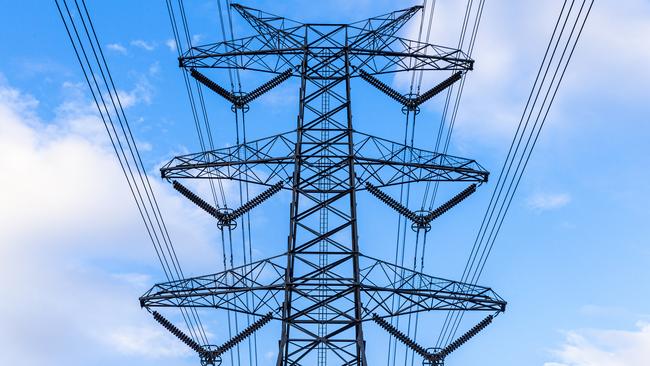
Anthony Albanese is edging towards an inflation-fighting energy-relief package that would offset soaring electricity bills for some businesses and households, while avoiding drastic interventions that could have a negative impact on long-term contracts and damage Australia’s international reputation.
Federal cabinet will finalise the national response to skyrocketing electricity prices ahead of a national cabinet meeting on Wednesday next week. The package is expected to lower costs for struggling consumers via temporary direct energy price subsidies.
The urgency to drive down electricity prices comes as Reserve Bank governor Philip Lowe warned on Monday that fixing the twin challenges of housing affordability and soaring energy prices would be key to taming inflation in 2023 and beyond.
Senior industry, federal and state government sources said the energy package – understood to have been signed off by a subcommittee of cabinet despite some internal divisions – will not include new taxes or direct payments that would overstimulate the economy and drive inflation higher.
Key policy principles applied, according to industry and state governments that have been briefed, include ensuring measures are meaningful in terms of impact on prices, avoiding negative impacts on long-term contracts, regulation before taxation, and respecting international trade agreements.
As the government finalises its response, energy giant Shell on Tuesday will announce a six-year gas deal to provide extra supplies to struggling manufacturers in NSW and Victoria.
Government sources said cabinet was yet to decide on the final package, with several options on the table. They would not make major announcements until next week’s national cabinet meeting. Energy and Climate Change Minister Chris Bowen will convene an energy ministers meeting in Brisbane on Thursday next week.
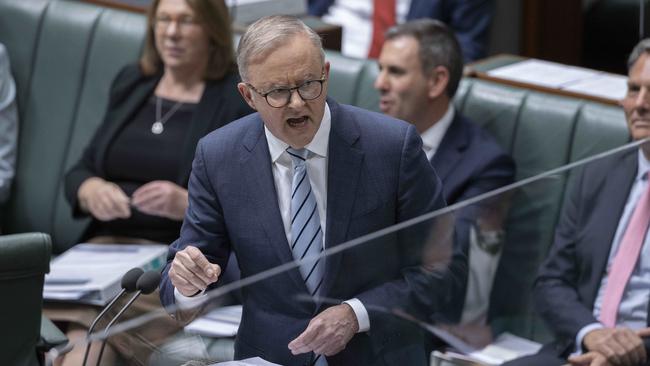
A proposal for a coal price cap will need co-operation from the states, with both the NSW and Queensland governments flagging their support. Other measures including increasing domestic gas reserves are likely to be addressed through a mandatory code of conduct on producers, with the government looking at “buyer of last resort” measures and winter stockpiling options
The Prime Minister said the government understood the urgency but wanted to get the details right. “These issues are not simple because of the different ownership structures, because of the different sources of energy, because of different powers that exist between the commonwealth and state and territory governments, because of the interaction of the national energy market,” Mr Albanese said.
Treasury secretary Steven Kennedy told a Senate estimates hearing on Monday night that the government was mindful of the importance of not intervening in a way that discouraged supply, particularly for gas.
“I think gas is a very important part of the (energy) transition in this country,” Mr Kennedy said.
“I would encourage the government to consider policies that investors can see and are not going to actively discourage them from investing.”
Mr Kennedy, who warned it would be “unwise to contribute to demand unnecessarily”, said one form of intervention would be compensating “businesses and consumers for the cost increases they’re facing, with just a straight call on the budget”.
“A version of that might be to find a way to increase revenue to make that compensation,” Mr Kennedy said. “Alternatively, some jurisdictions have gone and capped retail prices. That can have unintended consequences and lead to quite a lot of dysfunction in the market itself, because the retailers might be bearing higher input costs and trying to have their prices capped in that way.
“Other caps can be applied to wholesale prices or the fuel sources that flow through. So other forms of rebates can be paid.”
Dr Lowe said achieving lower power prices and slowing the pace of rental increases would “make a substantial contribution to bringing inflation back down over the next couple of years”.
“The pick-up in inflation, at least half is due to supply-side problems, the other half is due to very strong growth and aggregate demand,” the RBA governor said.
“And if we can do something about energy and rents next year, inflation will come down quickly.”
Dr Lowe said there were two supply-side areas “we could be focusing on: it’s the supply of gas and electricity in the domestic market, what we can constructively do to increase the supply”.
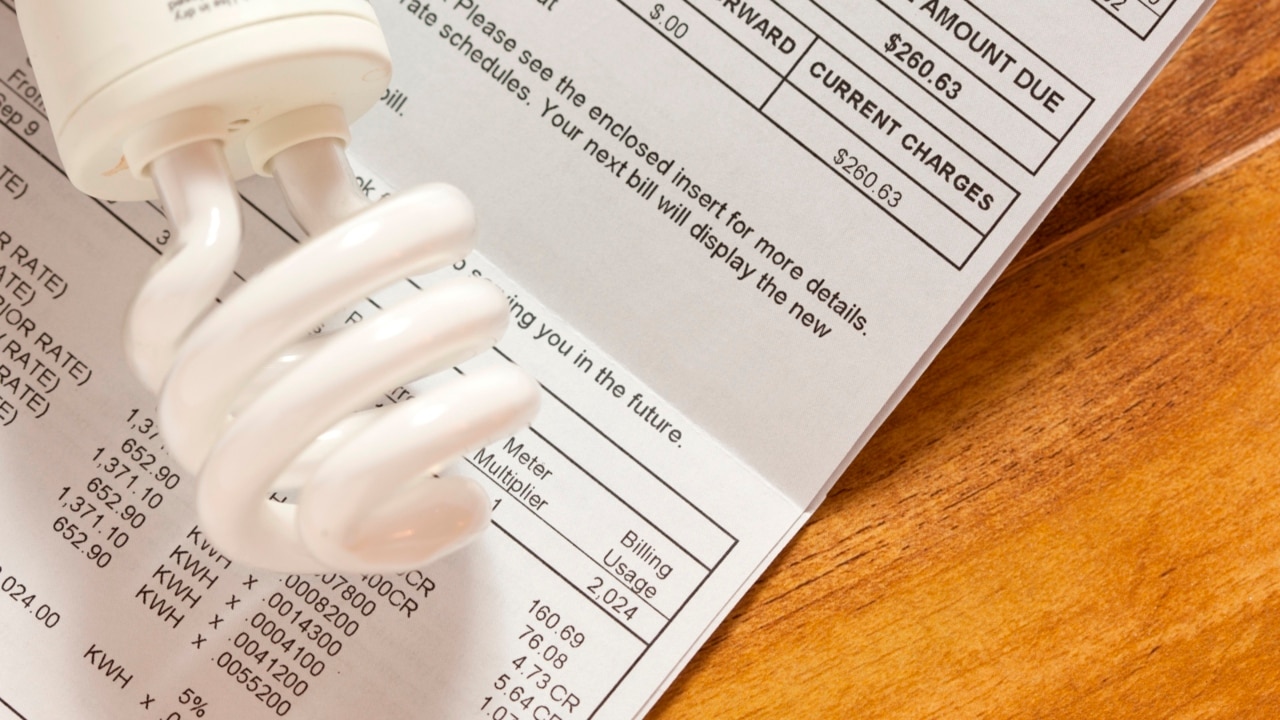
“I don’t want to get drawn into what the right measures are, but at the analytical level, increased supply of gas and electricity in the domestic market would be helpful,” he said.
Mr Albanese said the government was looking at the impact of energy prices not just on businesses, but also on households.
“We’re seeing governments being prepared to take action globally … action that perhaps wouldn’t have been contemplated in what would be normal circumstances. We are prepared to take action,” he said.
Oil and gas industry sources, who are concerned about Jim Chalmers expanding the petroleum resource rent tax to subsidise retailers and households, said the government could face constitutional challenges if price caps were imposed on east coast gas producers and not WA producers.
Shell, operator of one of Queensland’s three big LNG export plants, will unveil a six-year contract starting on January 1 to transport gas via pipeline to the southern markets in a pact with APA Group.
Gas will be sent through the southwest Queensland, Moomba-to-Sydney and Roma-Brisbane pipelines. The agreement arrives just days before an expected government intervention in the market that could see price controls or subsidies introduced.
Shell, which supplies 15 per cent of the east coast gas market, promised to make “competitive” deals with customers.
Shell Energy Australia trading vice-president David Guiver said: “We anticipate the amount of gas that the Surat and Bowen basins supplies to the rest of Australia will increase over the coming years and this agreement provides more capacity and flexibility to move the gas where customers need it.”
Large manufacturers are being offered gas contracts for 2023 at rates up to five times the level being offered last year.
Resources Minister Madeleine King has pointed to the need for urgent action but also long-term reform to make more gas available in the market.
ADDITIONAL REPORTING: SARAH ELKS

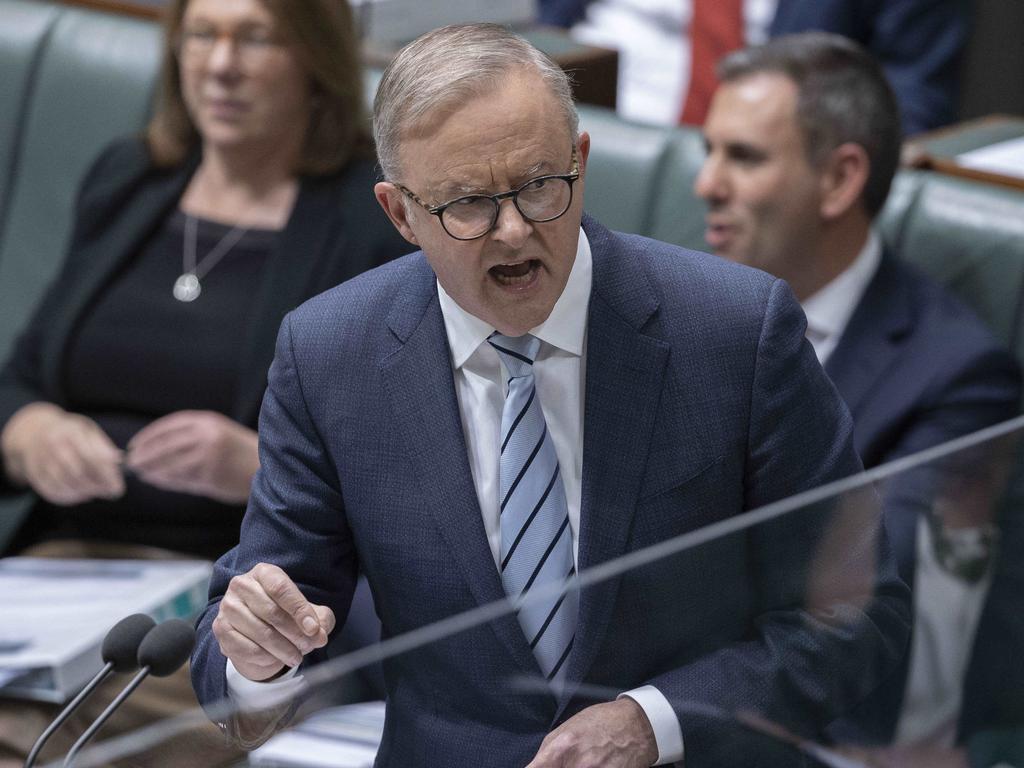


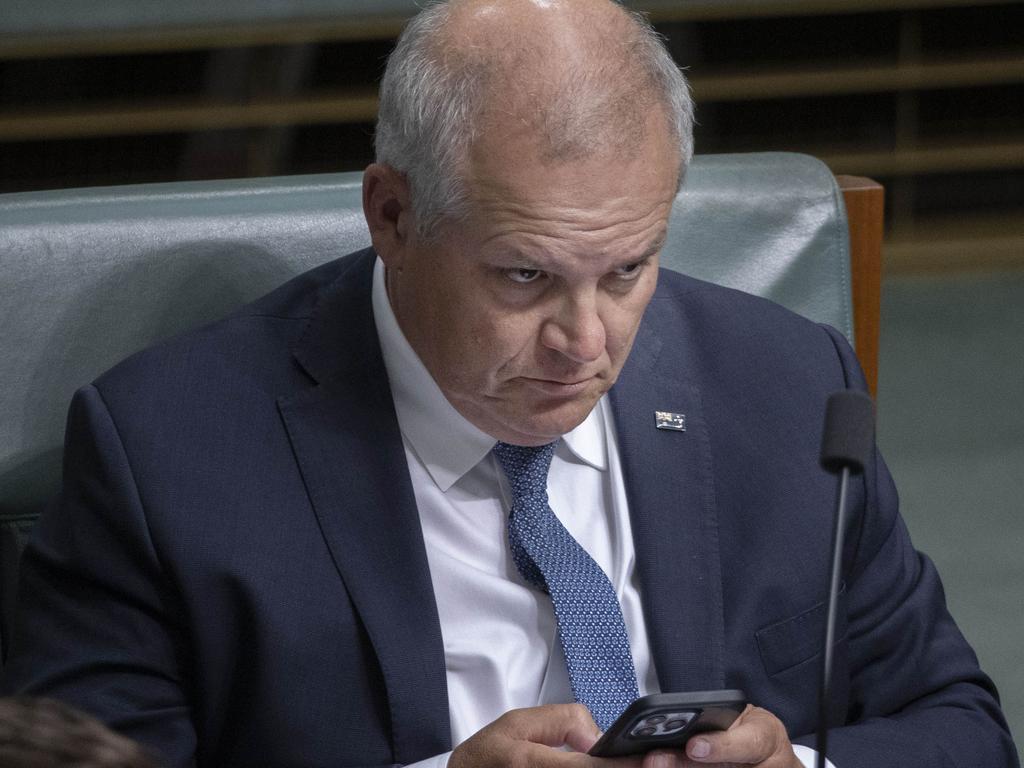
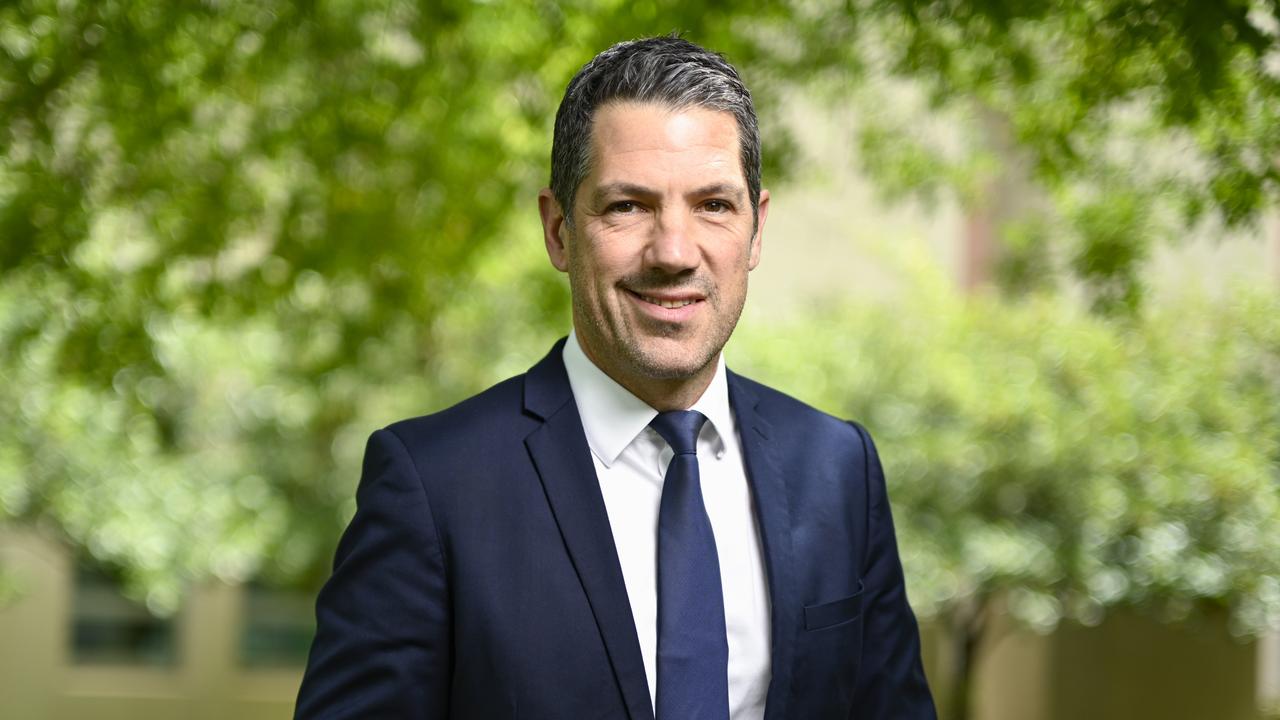

To join the conversation, please log in. Don't have an account? Register
Join the conversation, you are commenting as Logout